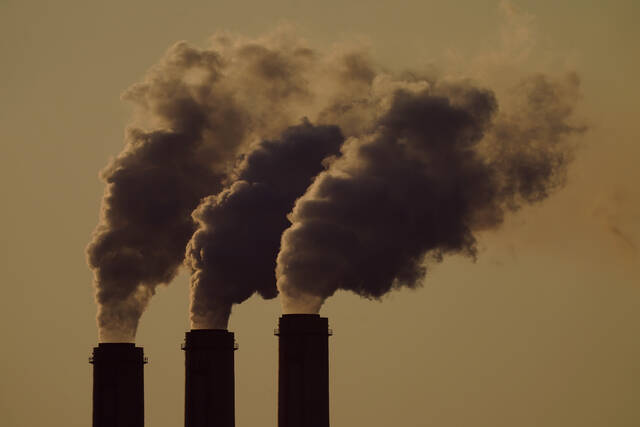A dramatic success story began in the 1970s when President Richard Nixon established the groundwork for many of the alphabet soup of major environmental laws: National Environmental Policy Act (NEPA), Clean Water Act (CWA), Clean Air Act (CAA), Resource Conservation and Recovery Act (RCRA), etc. In addition, he established the U.S. Environmental Protection Agency to oversee these programs.
Since the 1970s, the EPA established environmental regulations to control the historically recognized environmental degradation issues associated with this country’s industrial revolution and ongoing to this day manufacturing activities. The results of these programs had, and still in some instances have, tremendous immediate and long-lasting return on the efforts.
As demonstrated on the EPA’s website, national air pollutant concentrations have been dramatically declining for decades. As examples, since 1990:
• Carbon monoxide (CO), eight-hour, has decreased 81%
• Lead (Pb), three-month average, has decreased 88% (from 2010)
• Nitrogen dioxide (NO2), annual, has decreased 60%
• Nitrogen dioxide (NO2), one-hour, has decreased 54%
• Ozone (O3), eight-hour, has decreased 22%
• Particulate matter 10 microns (PM10), 24-hour, has decreased 34%
• Particulate matter 2.5 microns (PM2.5), annual, has decreased 42% (from 2000)
• Particulate matter 2.5 microns (PM2.5), 24-hour, has decreased 42% (from 2000)
• Sulfur dioxide (SO2), one-hour, has decreased 90%
Numerous air toxics have declined with percentages varying by pollutant.
Regardless of this dramatic air quality progress, on Feb. 7, 2024, the EPA issued a final rule once again establishing an even lower particulate matter standard (PM 2.5), reduced from 12 micrograms per cubic meter to 9 micrograms per cubic meter. The new standard directly targets our manufacturing industry, our economic abundance and manufacturing jobs.
In essence, it has been reported that the new PM 2.5 standard is virtually unattainable. As comparative examples, Europe’s current PM standard is 25 and China’s is 35. The standard is now so low that companies will be expected to reduce their emissions below what naturally occurs in some instances.
The ability to compete for jobs and product manufacturing with international competitors is severely diminished. The loss of manufacturing jobs and our manufacturing base of industrial activity will again be diminished by this reduced standard.
For man-made contributions of particulates to the environment, additions to the natural level of particulates present typically occur not on a whim, but rather to enhance our daily lives, make them easier, provide products that extend our lives or mitigate other issues that arise as a result of modern life.
We should be spending our efforts wisely to maintain our own economic abundance so that we may continue to help ourselves and others. Our abundance allows us to maintain a relatively high standard of living that benefits all in our country, in addition to providing huge contributions throughout the world to assist poor nations to grow crops, access clean water, overcome diseases that are only history to us, and respond to natural and man-made disasters.
However, over the decades, the law of diminishing returns on our environmental regulations’ investment has been set upon us in many instances. While nobody is suggesting stopping efforts addressing actual pollution issues that may harm human health or the environment, some measure of the likelihood of harm balanced against our economic quality of life abundance seems prudent.
This is the history and current story of our environmental regulations. Where once contamination was emitted almost freely into the environment, now it is not. Regardless of the dramatic progress, the current administration continues to inflict even more stringent controls, in essence the force of law dictated by unelected bureaucrats. We continue to expend increased efforts while diminishing our economic abundance to seek those last molecules of contamination to satisfy our environmental appetite for cleaner.
Robert Smith of Pittsburgh works in environmental consulting.








